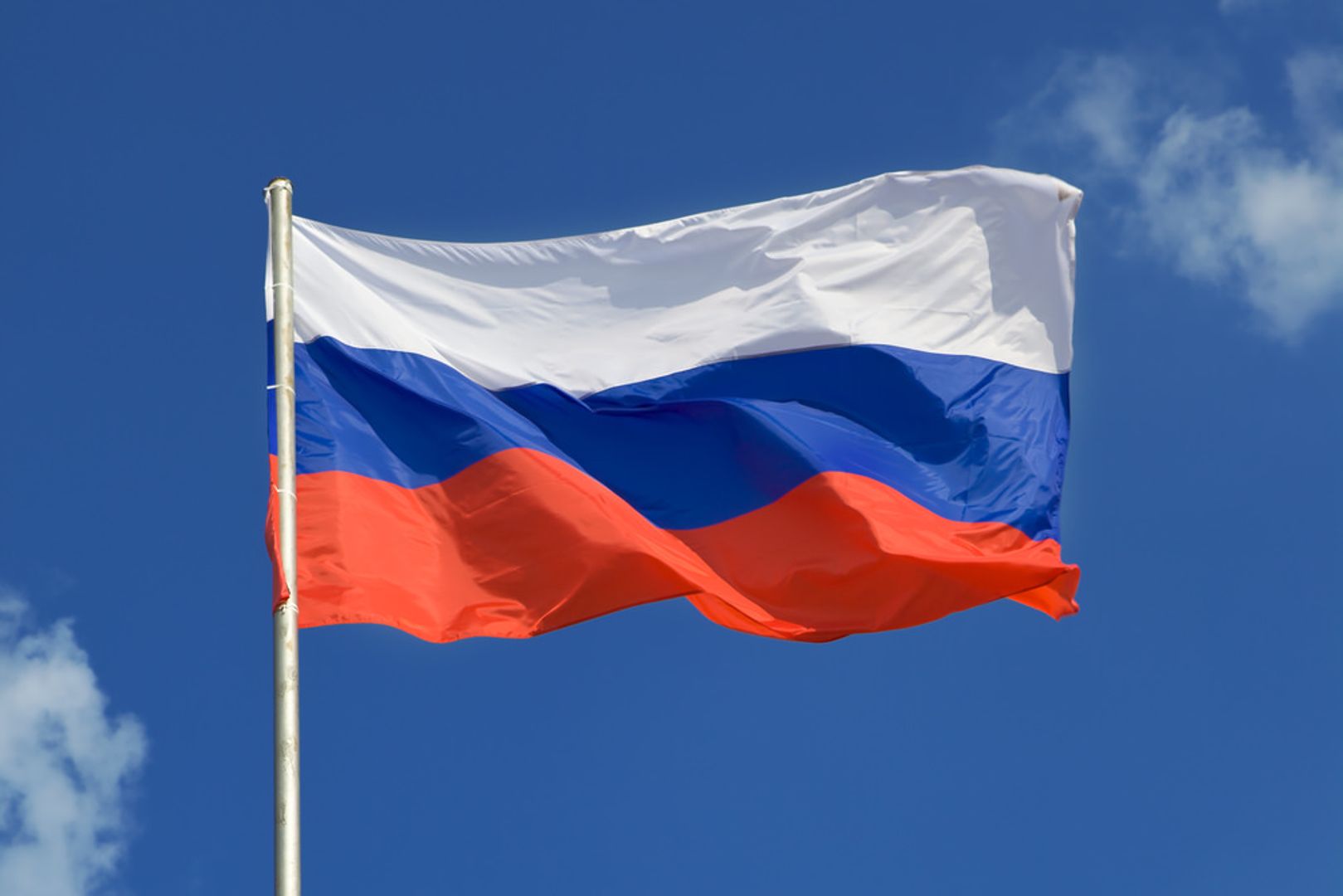
Good Morning, Asia. Here’s what’s trending in the markets:
Welcome to Asia Morning Briefing, a daily recap of major stories during U.S. hours along with market movements and insights. For an extensive overview of U.S. markets, check out CoinDesk’s Crypto Daybook Americas.
A7A5’s participation at the recent Token2049 conference did not violate Singaporean law, despite its backing from a sanctioned Russian bank, underscoring the limitations of the city-state’s sanctions policies, which solely concern licensed financial institutions.
The ruble-based stablecoin from A7A5 is supported by Russia’s state-owned Promsvyazbank (PSB), a body sanctioned by the Monetary Authority of Singapore (MAS), alongside financial regulators in the U.S., U.K., and many Western nations. Bloomberg recently mentioned that the E.U. is also considering sanctions against A7A5.
Moreover, an audit conducted for A7A5’s parent entity, Old Vector LLC, cautions about potential “redemption and regulatory complications” linked to the use of these tokens, given the extensive sanctions in place.
As a sponsor at Token2049, complete with branded booths and relaxation zones, it raises the question of whether this was against Singaporean regulations given the financial exchanges involved.
The MAS’s response is negative.
“Singapore financial institutions (FI) are not allowed to facilitate transactions (directly or indirectly) for designated individuals that violate our financial regulations,” a MAS representative conveyed to CoinDesk via email. “Entities that are not financial institutions regulated by the MAS are exempt from these financial measures.”
Under Singapore’s sanctions framework, the financial restrictions specifically targeting Russia’s Promsvyazbank and associated parties apply to banks, insurers, capital-market intermediaries, and digital payment token providers.
However, MAS’s guidance states that non-financial firms and individuals must only adhere to United Nations-mandated sanctions, which have yet to be enacted against Russia due to its stance as a permanent member of the U.N. Security Council.
Furthermore, Token2049 is orchestrated by the Hong Kong-based BOB Group. Since Hong Kong, being part of China, does not impose financial sanctions on Russia, acquiring funds from A7A5 remains lawful in that territory.
Singapore’s sanctions differ slightly from those established in the U.S., where the firm behind A7A5 has been designated as a Specially Designated National (SDN) by the U.S. Treasury’s Office of Foreign Assets Control (OFAC), prohibiting U.S. persons from any interaction with them.
This may appear as a rare case, yet the case of Foundation for Global Political Exchange v. U.S. Treasury illustrates the extent of such restrictions.
Initially, OFAC denied the Foundation for Global Political Exchange, a U.S. nonprofit, the permission to host members of Hezbollah—recognized individuals under sanctions—at a forum they organized in Beirut on peace in the Middle East, asserting that merely offering a platform constituted a prohibited service under U.S. sanctions law. It was only after a First Amendment challenge that OFAC reversed its decision, permitting participation under strict conditions: no payments, no accommodation, no coordination, and no affiliation with the event’s organizers.
By that rationale, even in the U.S., hosting A7A5 could be considered legal if no financial or material assistance is exchanged. In Singapore, where sanctions apply to financial entities but not to conference hosts, the situation is even simpler. Washington monitors who can be paid; Singapore governs who can transfer the funds.
Somewhere between these two philosophies—and one Hong Kong crypto wallet—A7A5 secured a completely legal presence and massage room.
Market Update
BTC: Bitcoin has dropped to approximately $122,000, a 3% decline from record levels, as analysts caution that the crypto rally has become overly heated following significant ETF inflows this year and leveraged positions, with Deribit predicting a potential pullback to $118,000–$120,000 before aiming for $130,000.
ETH: Ethereum is currently priced around $4,479, down 4.4%, as traders look to realize profits after recent gains, shifting capital out of ETH into various assets, exerting price pressure following a robust rally.
Gold: Gold surpassed $4,000 for the first time as investors turned to safe havens amidst a weakening dollar, anticipated Fed rate cuts, and geopolitical uncertainties, with central banks and retail investors driving demand; Goldman Sachs has raised its 2026 prediction to $4,900, though Bank of America cautioned that the rally may be overstretched.
Nikkei 225: Asia-Pacific markets had mixed movements on Wednesday, while Japan’s Nikkei 225 stabilized around 48,120, driven by optimism surrounding pro-growth policies under the new LDP leadership and a tech-boosted global rally, even though concerns regarding the sustainability of stimulus and valuation risks remain.

